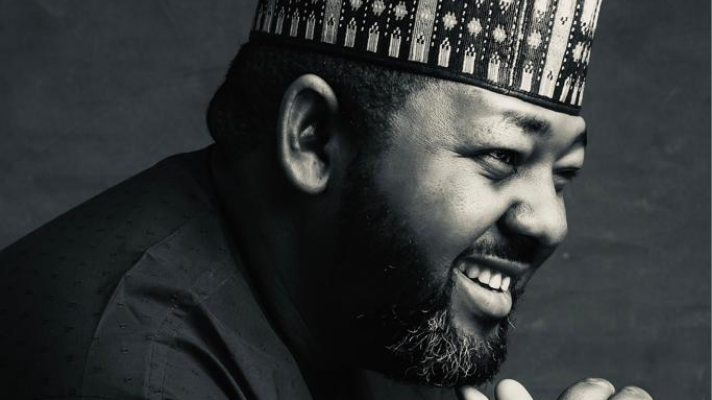
Peter Drucker once opined that, to think that a quality product is defined by the materials or cost incurred while making it, is to be incompetent. Quality of a product, he believes, is defined by the value of its output. The satisfaction derived from the consumers of the product is the actual determinant of its quality. In other words, it is what comes out of a system, a person or a product, that determines his or its quality and not what goes in. As much as I am inclined to agree with his analogy in general, somehow I feel it has an exception in the case of the Nigerian judiciary. Do we put in enough into our judicial system to expect enough from it? Do we put in adequate process and procedures in place to ensure the emergence of astute, corrupt less, morally competent and sound gentlemen on the bench?
Personally I think being a judge is the most incredibly dignifying position a human can occupy. Because of all the powers attributed to God, the power to judge is the ultimate. The power to decide what or who is wrong or right is such an enormous power that misusing it is not only immoral or criminal, but it’s a sacrilege. It is a sin against God himself. A society, any society, may be able to survive all kinds of infractions like a corrupt politician, an ineffective police force, an inept civil servant, but no society can survive a compromised or corrupt judiciary, at least not for a long time.
With such awesome powers concentrated in an individual or a group of individuals, one would think that there must be some rigorous tests or criteria stipulated or laid out for those seeking to be members of the bench. There is none!!! You only have to be qualified as a legal practitioner with or without a sound pedigree, with the right connections, and perhaps with a compromising reputation, and you may just be a magistrate, or a registrar and rise through the ranks to become a judge that may decide the fate of a person or even a nation (in electoral matters) someday. And yet, there are no clear yardstick for measuring the moral competence of someone saddled with such responsibilities.
As a young lawyer, I have heard multiple complaints from poor litigants and politicians about the travesty that sometimes passes as judgments in some courts. I have never completely believed some of these tales, thinking they are probably too outlandish and perhaps, emotionally exaggerated. Until my own direct experience taught me that harsh reality do in fact exist. My faith teaches me that a judge must both be learned and lenient, matured and merciful, and most importantly, he must be fair and God fearing. Any shortfall in the moral compass of a judge to be upright, firm and fair, contributes to the unstitching of the fabric that holds a society together. So the issue of judges training, recruitment process, review methods, disciplinary actions, microscopic scrutiny of words and deeds, journalistic compilation of judgements passed by a judge should be paramount in making a difference in the way and manner the judiciary operates in this country.
My suggestions: there must be a proper school of judges or Magistrates other than the general law school. The fulcrum of this school is the moral rectitude and soundness of the process of adjudication that must be adumbrated and inculcated into the would-be judges.
There must be a periodic review of judgments passed or cases heard by a judge to ascertain his impartiality and adherence to the basic tenet of the justice system.
Thirdly, the reconstitution and redirecting of the role of the National Judicial Council. I have always had an issue with judges saddled with the onus of punishing one of their own for a professional misconduct. The limitations of the NJC to do justice to even the most open cases became manifest during the Salami- Katsina Alu saga. There should be an independent body manned by investigative officers, judges, reputable lawyers, academicians and most importantly, “reasonable” citizens whose sole job would be to watch over the judges and ensure that in a depository of justice, injustice does not reign supreme.
Finally, it is not being a judge that makes one honorable, it is doing justice that makes the cut. As Drucker said, it is not the input of the make, it is the output of the made that matters.
Barr. Ismail Ahmed. Lawyer by profession and a politician by practice. An active youth in the APC and the Chairman of the Youth body APYF.
Twitter: @IsmaeelAhmedB





